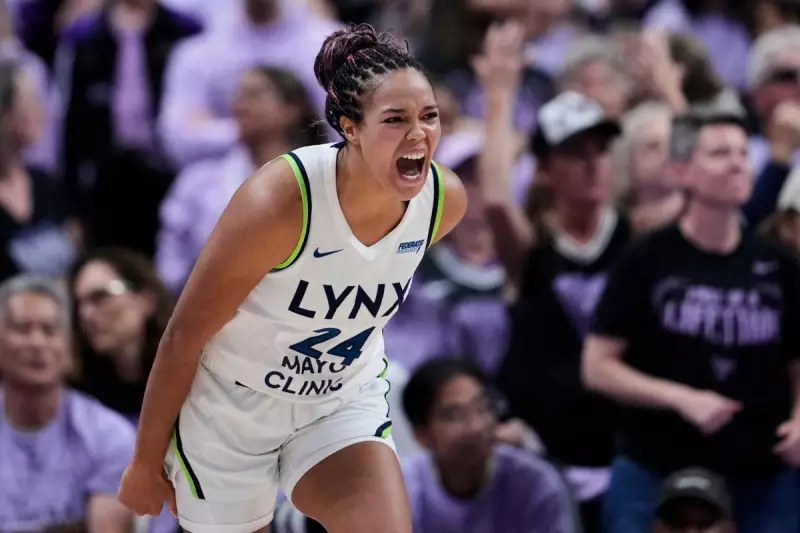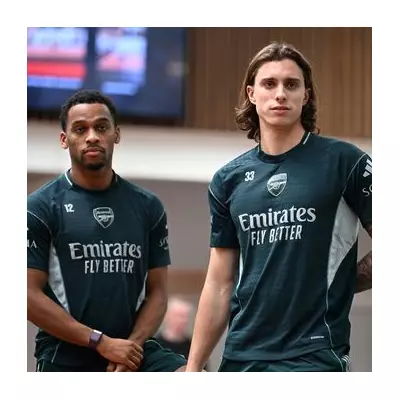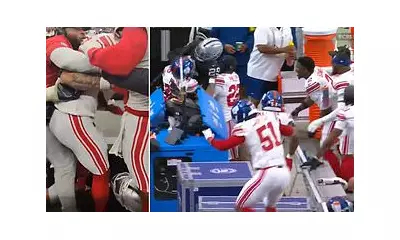
Minnesota Lynx star Napheesa Collier has launched a blistering critique of WNBA Commissioner Cathy Engelbert, expressing profound disappointment over the league's failure to implement full-season charter flights for players.
The All-Star forward took to social media platform X to voice her frustration, directly responding to Engelbert's recent comments about the logistical challenges of arranging charter travel.
'We Deserve Better' - Player Frustration Boils Over
Collier's public outcry came after Engelbert discussed the complexities of securing consistent charter flights during a media session. The commissioner had emphasised the substantial financial investment required and operational hurdles involved in providing private air travel for all teams throughout the season.
'We have been asking,' Collier stated emphatically. 'There are 12 teams. The order has been in. We have been told multiple times it's a 'process' but at this point, the lack of charter flights is a disservice to us and our recovery.'
The Growing Divide Between Players and Leadership
This public confrontation highlights the escalating tension between WNBA players and league administration regarding working conditions. While the WNBA has permitted charter flights for specific circumstances—including back-to-back games and playoff scenarios—players have increasingly demanded comprehensive charter service to enhance performance and recovery.
Collier's comments reflect a broader sentiment among athletes who believe the league isn't moving swiftly enough to address their professional needs, particularly as the WNBA continues to experience unprecedented growth and visibility.
Financial Realities Versus Player Welfare
Engelbert has consistently pointed to the significant financial implications of implementing full charter services, estimating the cost at approximately $25 million annually. The commissioner has emphasised the need for sustainable growth and securing long-term partnerships to support such infrastructure changes.
However, players like Collier argue that the physical toll of commercial travel—including cramped seating, airport delays, and limited recovery time—directly impacts performance and career longevity. Many athletes believe the league's current approach prioritises financial caution over player wellbeing.
A Watershed Moment for Women's Basketball
This public disagreement emerges during a period of remarkable expansion for the WNBA, with rising attendance figures, broadcast deals, and sponsorship revenue. Collier's vocal stance signals that players expect working conditions to evolve alongside the league's commercial success.
As the debate continues, all eyes will be on the WNBA's next moves regarding travel improvements and whether player advocacy will accelerate meaningful change in professional women's basketball.





